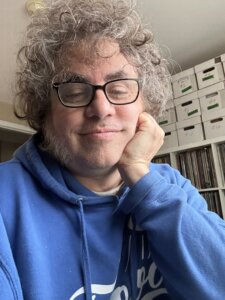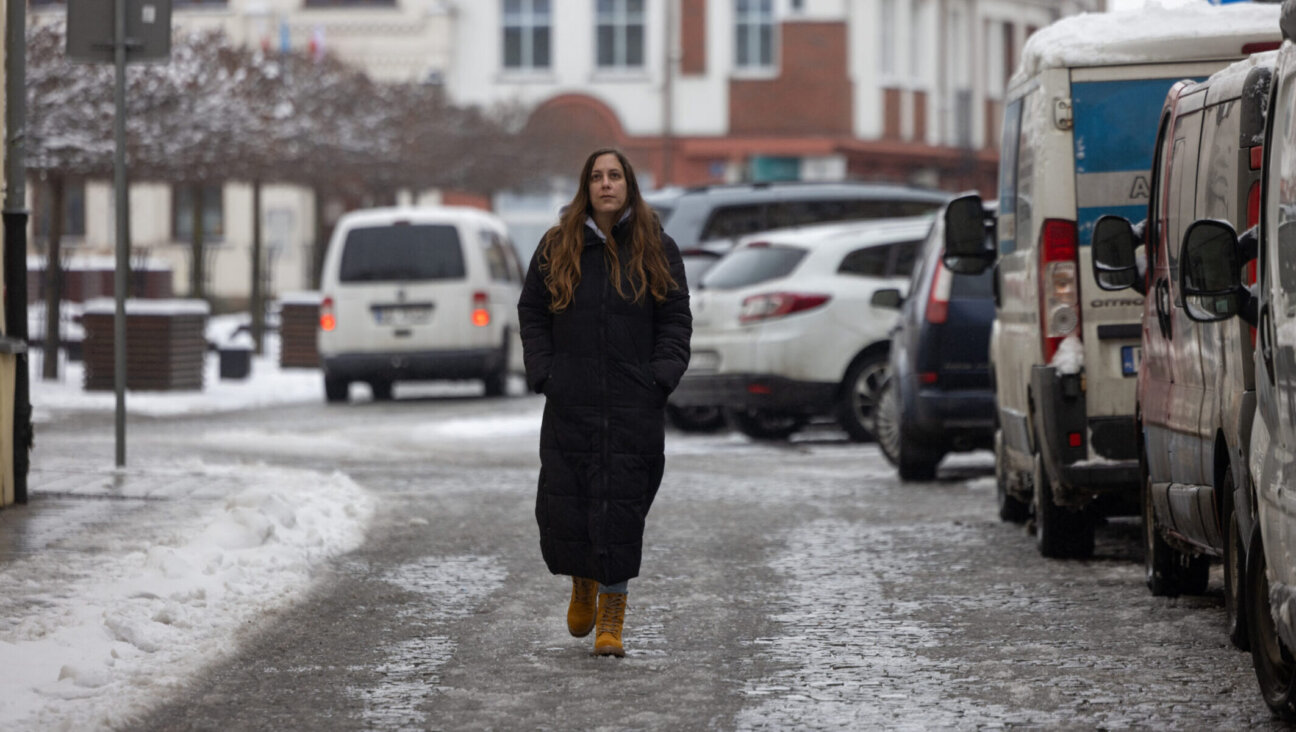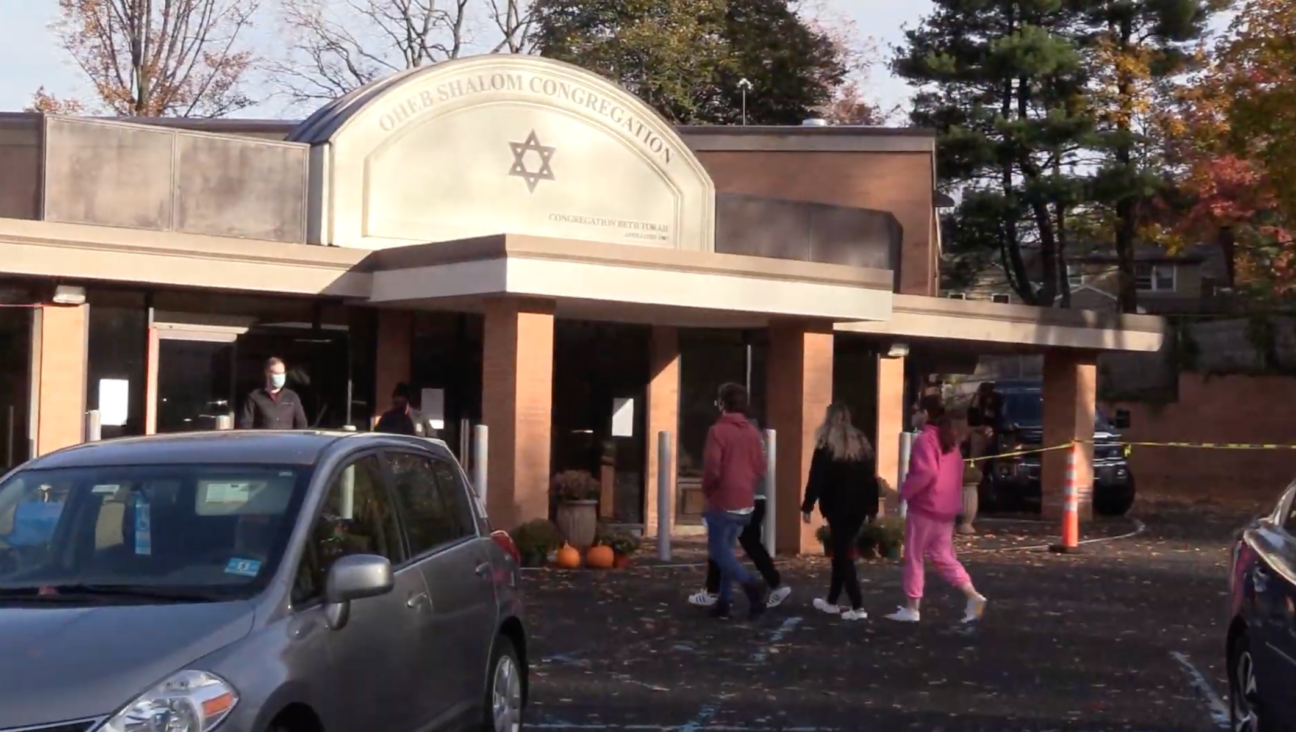How to get closer to Lou Reed than you ever could in real life
‘Caught Between the Twisted Stars’ features artifacts from every phase of the artist’s career
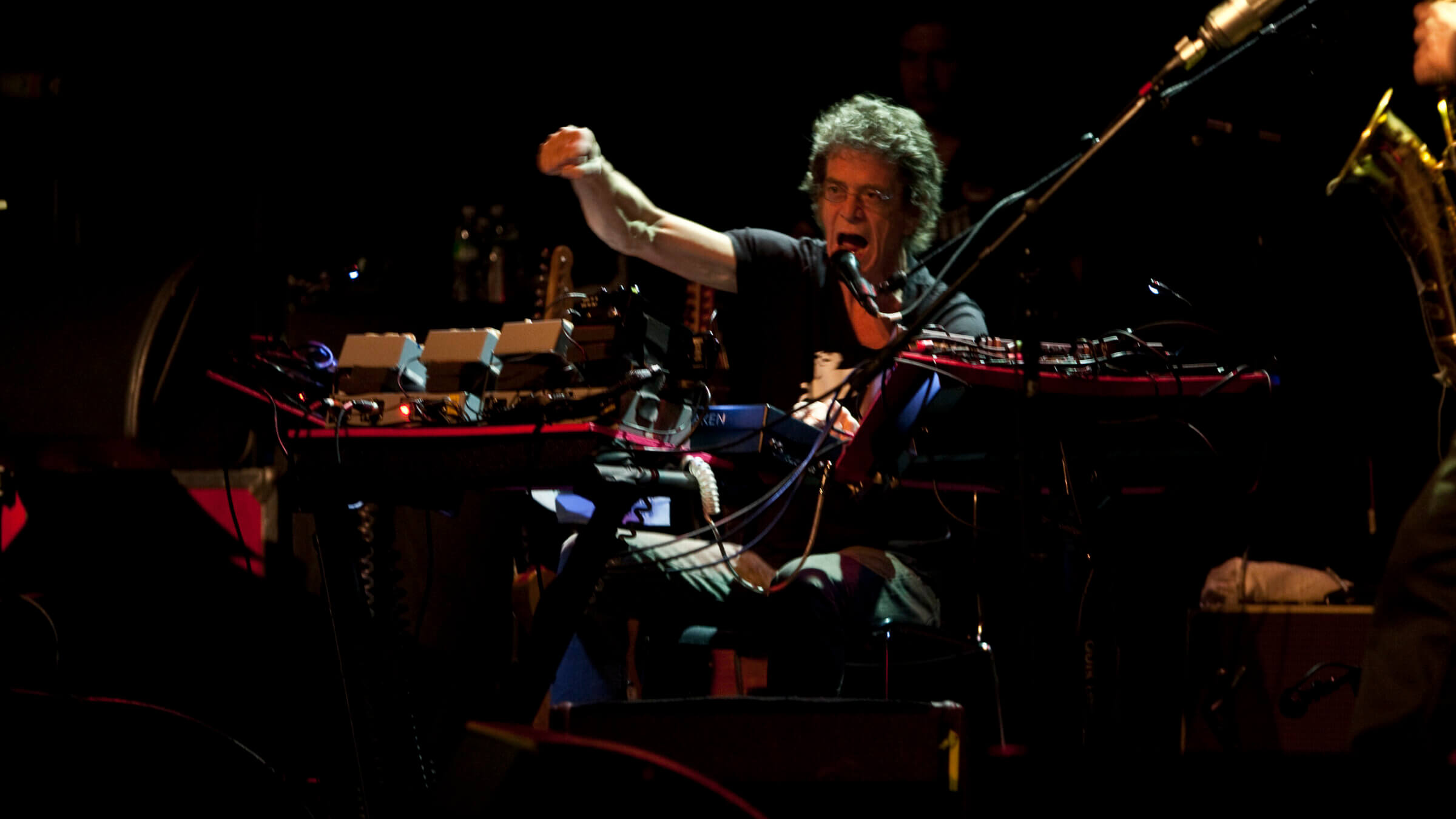
The New York Public Library exhibit features Lou Reed’s sound installation ‘Metal Machine Trio.’ Photo by Amy-Beth McNeeley
There’s a long list of artists I wish I’d had the chance to interview before they shuffled off this mortal coil, but the late, great Lou Reed isn’t among them.
It’s not that I’m not a fan of the man’s music — on the contrary, The Velvet Underground is among my all-time favorite bands, and even the patchiest stretches of Reed’s four-decade solo career produced material that I find interesting and thought-provoking. And it’s not that it wouldn’t have been fascinating to pick Reed’s brilliant brain about additional things like guitars, literature, obscure doo-wop records or favorite New York City eateries, to name a few of his many obsessions.
It’s just that Reed had a well-earned reputation for being aggressively hostile to journalists and rock critics. His verbal slugfests with Creem’s Lester Bangs were legendarily brutal, and at least Lester was someone he had a grudging respect for — unlike, say, The Village Voice’s Robert Christgau, whose sexual proclivities Reed called into question in front of a packed house at New York’s Bottom Line during the recording of his 1978 album “Live: Take No Prisoners.”
And while Reed clearly had the capacity to be witty and charming when he wanted to be, the stories various colleagues told me over the years about his prickly, unpleasant or just plain verbally abusive behavior toward them were abundant enough to make me steer well clear of any interview opportunities. I feared that if it were ever my turn on the conversational chopping block with Uncle Lou, it’d be at least another five years until I could listen to such wonderfully life-affirming songs as “What Goes On,” “Sweet Jane” or “Perfect Day” without involuntarily cringing at the memory of our encounter, and I just loved Reed’s music way too much to risk that outcome.
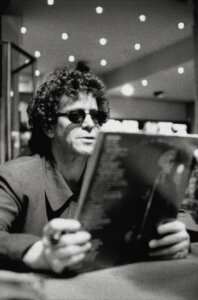
But thanks to “Lou Reed: Caught Between the Twisted Stars,” a new exhibition opening June 9 at the New York Public Library for the Performing Arts, us Reed fans can now get further into his head without potentially getting our own chewed off in the process. Curated by Reed archivists Don Fleming and Jason Stern from Reed’s personal and business collections — which were donated to the library in 2017 by Reed’s widow, Laurie Anderson — the exhibition (which takes its name from a line in Reed’s 1989 song “Romeo Had Juliet”) examines his complex life, uncompromising artistry and prolific output through an intriguing array of music, images, books, documents, posters, instruments, promotional items and personal effects, much of it previously unavailable to the public. The exhibit is free and open to the public.
“Lou Reed: Caught Between the Twisted Stars” contains artifacts related to every chapter of Reed’s musical career, from his high school band The Shades (as pictured in his copy of the 1958 Freeport High School Yearbook) up through “Lulu,” his 2011 collaboration with Metallica. The Lou Reed Listening Room in the library’s Vincent Astor Gallery offers visitors the opportunity to enjoy a wide array of Reed’s music in audio and video formats, including Reed’s sound art installation “Metal Machine Trio: The Creation of the Universe,” which was recorded live in 2009 with musicians John Zorn, Ulrich Krieger and Sarth Calhoun, and will be presented in a fully immersive 3D sound environment specially created by the design firm Arup.
The exhibition also pays tribute to the numerous friends and collaborators Reed influenced and/or was influenced by, including artists Julian Schnabel, Andy Warhol and Robert Wilson; musicians Laurie Anderson, David Bowie, John Cale, Garland Jeffreys, Metallica, Sterling Morrison, Robert Quine, Mike Rathke, Fernando Saunders and Maureen Tucker; manager and ex-wife Sylvia Reed; photographers Timothy Greenfield-Sanders, Billy Name and Mick Rock; poets Jim Carroll, Allen Ginsberg, Delmore Schwartz and Anne Waldman; former Czech Republic president Václav Havel; songwriter Doc Pomus; and tai chi grand master Ren Guang-Yi. The late producer Hal Willner is represented by a faithful recreation of his studio space, complete with audio listening equipment, records, and Willner’s collection of ventriloquist dummies.
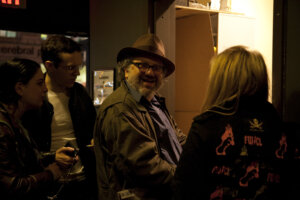
Records from Reed’s own collection are also on display, and it’s interesting to see some of the music that engaged his famously critical ear. While it’s no surprise that he hung on to such classic doo-wop 45s as “The Wind” by Nolan Strong and The Diablos (which was used to excellent effect in Todd Haynes’ 2021 documentary “The Velvet Underground”) or The Excellents’ 1962 slow-dancer “Coney Island Baby” (which inspired Reed’s lovely 1975 album of the same name), it’s a bit of a shock to learn that the Bee Gees’ 1975 disco breakthrough “Main Course” also enjoyed a prized place on his shelves. Then again, “Nights On Broadway,” the big hit from that album, was much closer thematically to the nocturnal urban wanderings of Reed’s own work than most listeners might have realized. (Don’t believe me? Try singing those lyrics in a deadpan Reed-ian croak…)
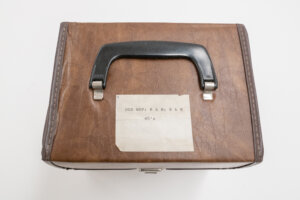
The non-musical items in the exhibition also offer revelatory glimpses into Reed’s life and work, whether it’s a Christmas card from Velvets drummer Moe Tucker, drawings of Reed done by legendary New York singer Dion DiMucci, essays and poems penned by Reed, a 1973 receipt “for stage clothes” from Greenwich Village sex shop The Pleasure Chest, tai chi weapons and notebooks (Reed was an avid practitioner), an astrological chart done for Reed by Warhol Factory artist Billy Name, or banners painted by Reed and Anderson for the 2010 Coney Island Mermaid Parade. Reed once famously bragged that “my week beats your year,” and the evidence presented by “Lou Reed: Caught Between the Twisted Stars” doesn’t exactly dispute that notion. The man obviously lived a colorful, multifaceted and creatively stimulating existence before liver disease took him in 2013 at the age of 71.
Of course, much of that life made it vividly into Reed’s recorded works, which continue to be examined and appreciated by new generations of listeners. Light in the Attic Records, in fact, recently announced the launch — in partnership with Laurie Anderson — of their Lou Reed Archives Series, which will showcase previously unreleased material from his archives; the series’ inaugural release, “Words & Music, May 1965,” drops Aug. 26. But as deep as his discography may be, “Lou Reed: Caught Between the Twisted Stars” (which runs through March 4, 2023) manages to contextualize, enrich and humanize it in a way that would probably even make cranky old Uncle Lou crack a satisfied grin.
A message from our Publisher & CEO Rachel Fishman Feddersen

I hope you appreciated this article. Before you go, I’d like to ask you to please support the Forward’s award-winning, nonprofit journalism so that we can be prepared for whatever news 2025 brings.
At a time when other newsrooms are closing or cutting back, the Forward has removed its paywall and invested additional resources to report on the ground from Israel and around the U.S. on the impact of the war, rising antisemitism and polarized discourse.
Readers like you make it all possible. Support our work by becoming a Forward Member and connect with our journalism and your community.
— Rachel Fishman Feddersen, Publisher and CEO



